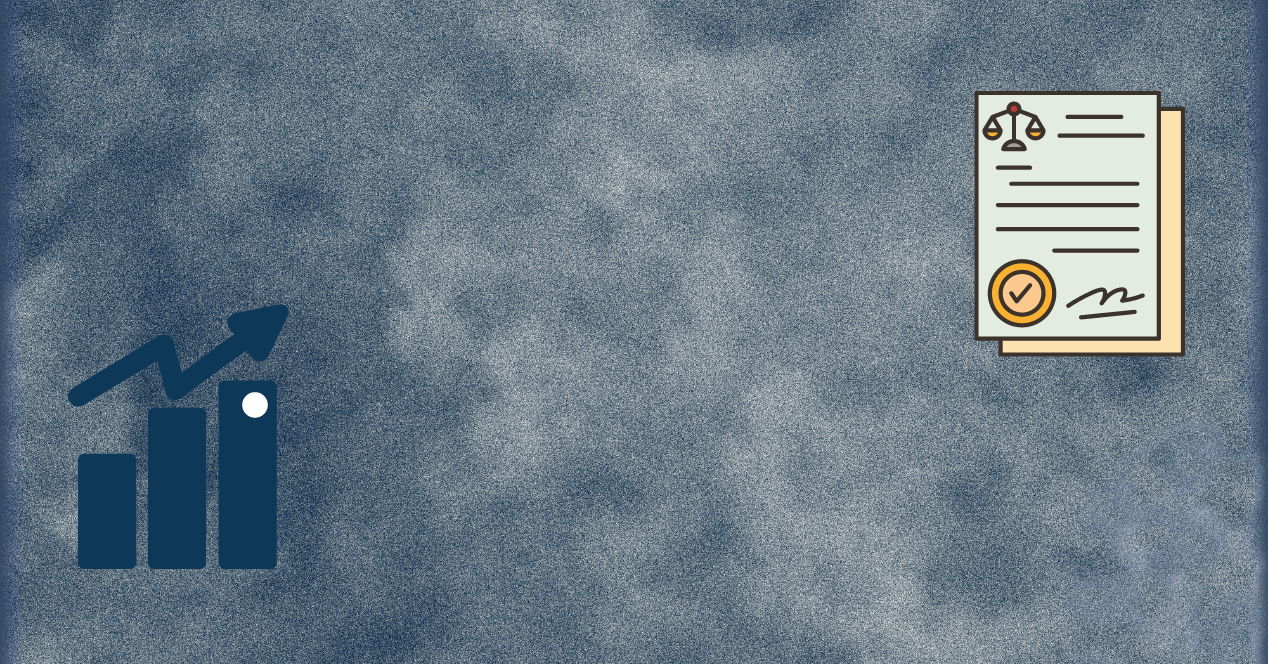Analysis
Congestion and Clearance: The Two Sides of the SC’s Pendency Crisis
DESK BRIEF: The Supreme Court's backlog continues to rise as cases take longer to be disposed of

Pendency at the Supreme Court has hit a 30-year high. To understand the difficulties the Court faces, SCO calculated congestion at the SC and the pace at which it is clearing pending cases. We found that the SC will take 3.8 years to clear all pending cases if no new cases are filed. Additionally, the SC added 21 cases to its backlog out of every 100 that were instituted.
SCO used two metrics to calculate this—the congestion rate and the clearance rate. These estimates are based on three variables—institution of cases, disposal of cases, and pending cases. These metrics are estimates and only provide an overview of the cases entering and exiting the SC.
The congestion rate indicates how long the SC will take to clear its pending backlog if no new cases are instituted. For example, a congestion rate of 1.5 means the Court will take 1.5 years to dispose of pending cases at its current rate, provided no new cases are instituted.
The clearance rate indicates how many cases are disposed of by the SC per total number of cases instituted. For example, a clearance rate of 0.9 means that 9 out of every 10 cases instituted have been disposed of—while 1 has been added to the Court’s backlog.
The congestion rate observed in 2021—3.8—is the highest since 1990. The clearance rate observed in 2021—0.79—is the lowest since 1989. Compared to the average congestion and clearance rates over the past 70 years—1.49 and 0.96 respectively—the situation is dire indeed.
The takeaway: more cases are being instituted in the SC than are being disposed of. The congestion and clearance rates observed in 2021 are indicative of the SC’s gradually slowing efficiency. A glance at institution and disposal rates shows that case disposal has been consistently lower than institution since 2017.
The last five years are of particular note. Pendency at the Court rose remarkably in this period by over 14,000 cases, resulting in the worrisome clearance and congestion rates seen today. If the SC is to tackle this growing mountain of pending cases, favourable congestion and clearance rates must be maintained.




